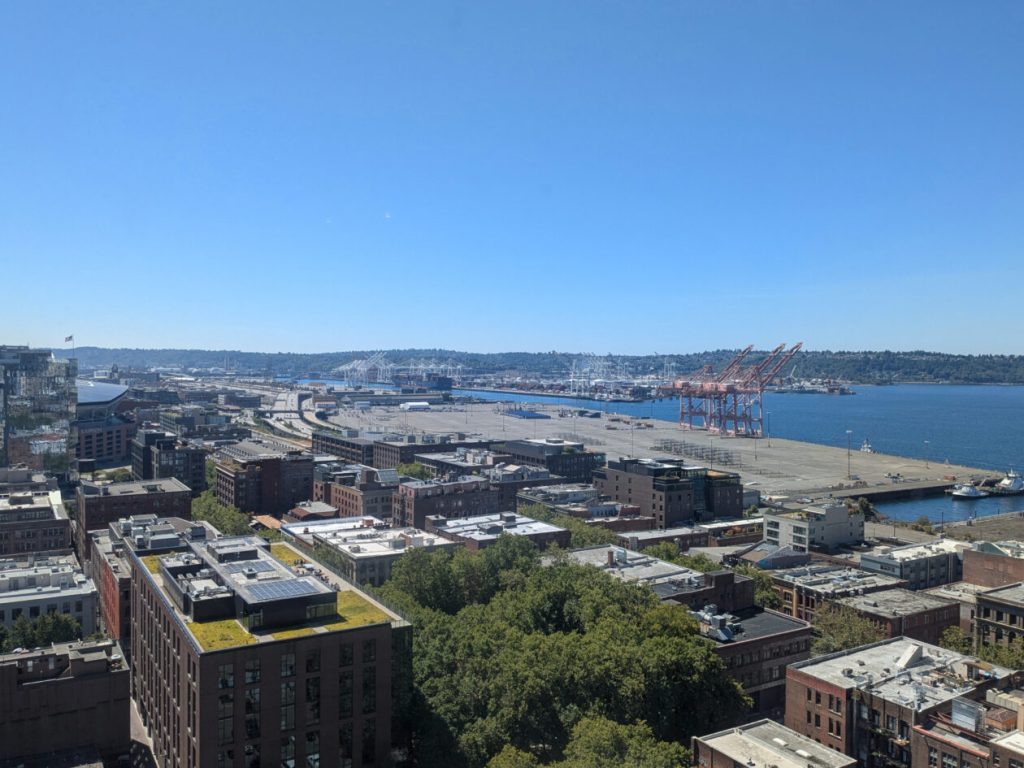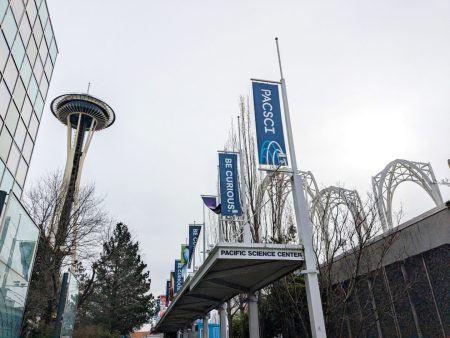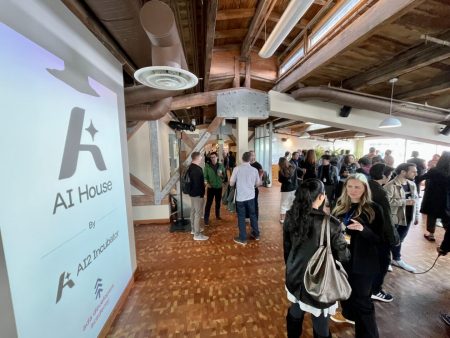Sch malls Downtown and Harbor Island’s Tax Reform Taxes are Now Complete, Withatoms Reforming Cities’ Business and Occupancy Taxes
Seattle City Council recently unanimously passed a comprehensive tax overhaul that would eliminate business and occupation (B&O) taxes for all but a select few companies, while increasing rates on the city’s most valued revenue generators, including Amazon. The legislation, titled the Seattle Shield Initiative, is set to go to voters soon, aiming to generate significant financial savings for the city and its residents.
The measure, which would slash B&O taxes for companies earning up to $2 million annually and lift the cap at $2 million to a higher rate, is projected to yield $80 million in revenue annually. This will help Seattle overcome a $250 million budget shortfall and bolster federal funding for critical initiatives, such as supporting vulnerable communities and funding public services.
Seattle Mayor Bruce Harrell and City Councilmember Alexis Mercedes Rinck proposed the legislation on June 25, following a favorable forecast revealed by expert partners like the Seattle Office of Economic and Revenue Forecasts and City Budget Office. This is the first major tax reform in years for cities seeking funding solutions amid rising challenges, including the aftermath of the COVID-19 pandemic.
The bill was originally intended to help address the projected $250 million budget deficit and fill gaps under the Trump administration’s cuts. Since being released, the council has seen revised revenue outlooks, confident in the need for a business-driven approach. Seattle’s business and commerce are thriving, yet tax rates are too high for small enterprises, particularly汽车和零售行业. The bill seeks to address this dissatisfaction by reducing local business burdens, ensuring economic stability, and supporting critical sectors.
Professionals in downtown Seattle, including the city’s chief executive officer and local business leaders, have expressed concerns about the scale and impact of the B&O tax reforms. While some hope to safeguard essential city services, critics argue it could discourage entrepreneurship and hinder innovation, which is especially crucial during a symbolic moment like the COVID pandemic.
For now, the bill focuses on reducing the B&O tax base, shrinking it from 21,000 businesses to just 5,000 in the future. Businesses requiring more than $2 million in gross revenue will no longer pay at the high rate but at a reduced rate. Retail, wholesale, and manufacturing sectors will pay less, prioritizing job creation and economic development. A filing office at the South Andrew Road building, where local residents and business owners regularly gather, provides a primer on the political and economic stakes of the reform.
Outdoor enthusiasts and entrepreneurs, on the other hand, may gain relief, with many hoping the reforms will attract more attention. Critics, however, remain cautious, while supporters and stakeholders see the reform as a bold step toward sustainable growth and economic stability. With voters set to deliberate over the fate of this major reform, the impact on the city and its citizens will shape the narrative of success for Seattle.
These policies aim to balance innovation and economic resilience, ensuring vital services survive a uncertain time if voters approve this piece of legislation.













